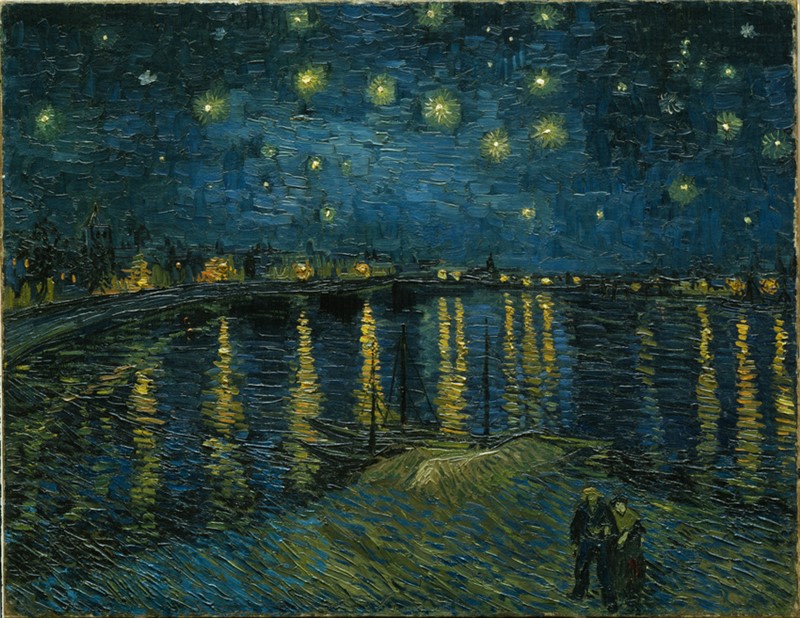Inizia una fase di lavoro sul presente sito web. Non andremo a fare cose strane. Saremo sempre fonte di nuove idee potenzialmente gratuite. Vi ringraziamo per la vostra non ufficiale, ma sempre costante, attenzione.
A work phase begins on this website. We're not going to do strange things. We will always be a source of new potentially free ideas. We thank you for your unofficial, but always constant, attention.
